Tesla and GM have both issued fire-related recalls, but Tesla’s fix doesn’t require owners to bring their cars in.
Get Started for FREE
Sign up with Facebook Sign up with X
I don't have a Facebook or a X account
 Your new post is loading... Your new post is loading...

Jean-Marie Grange's curator insight,
September 23, 2013 10:14 AM
Simple approach to manage online reputation.

Farid Mheir's curator insight,
January 28, 2017 4:48 PM
If you don't know what behavioral tracking is about, this may be an "awakening" video: be prepared.
WHY THIS IS IMPORTANT I've been following the Firefox "collusion" add-on since its inception (it is now called "lightbeam" and you can find it here: https://www.mozilla.org/en-US/lightbeam/). I use it on a regular basis to remember the digital breadcrumbs I leave behind as I roam around on the Internet. Unfortunately, the lightbeam software add-on can only help by blocking the digital ads that track us and cannot minimize the behavioral tracking itself.
On this Data Privacy Day 2017, we must use this opportunity to raise our knowledge of the digital tracking that occurs in both the virtual world and the physical world. It is now a reality that we are being tracked as much in the physical world because we carry in our pockets smartphones that track our every moves - literally. Be aware, and be careful.

Farid Mheir's curator insight,
September 14, 2013 12:02 PM
I've been following collusion addon since its inception and I use it on a regular basis to remember all the digital breadcrums I leave behind as I roam around on the Internet. This is an awakening video but unfortunately the collusion software fail to offer us paths to minimize what behavioural tracking - aside from blocking all ads. |

Curated by Farid Mheir
Get every post weekly in your inbox by registering here: http://fmcs.digital/newsletter-signup/
|






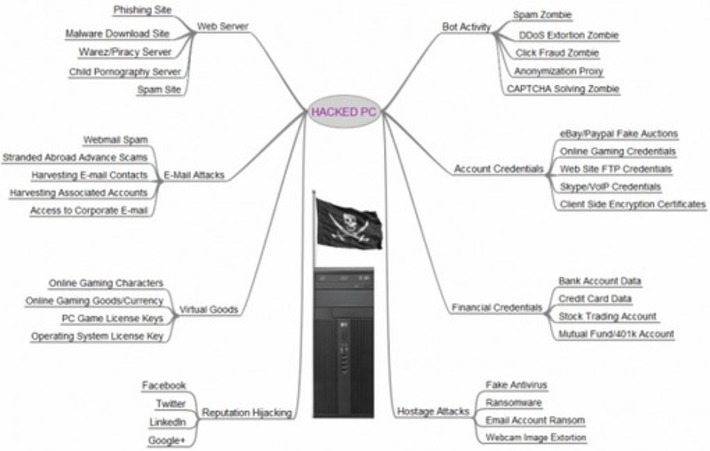
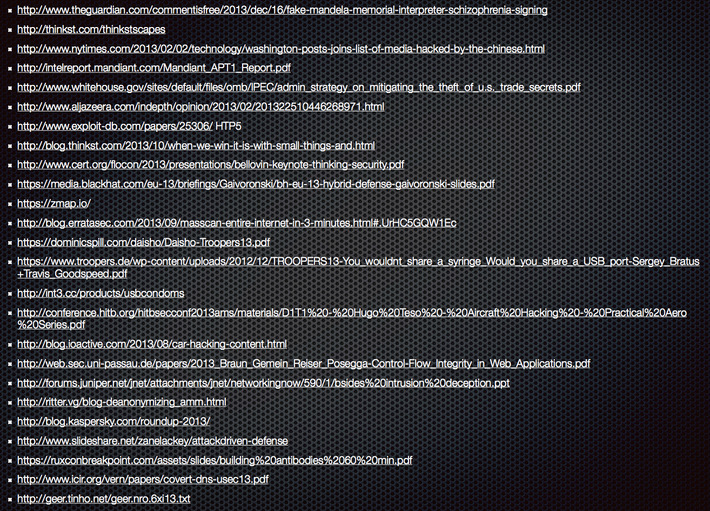
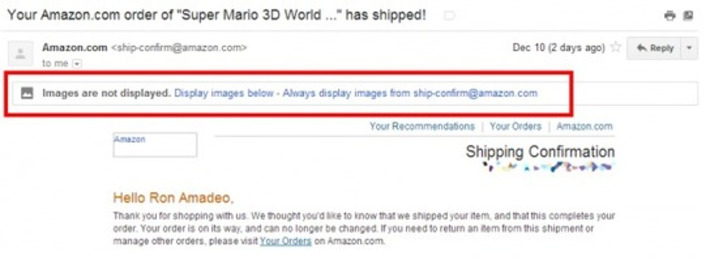
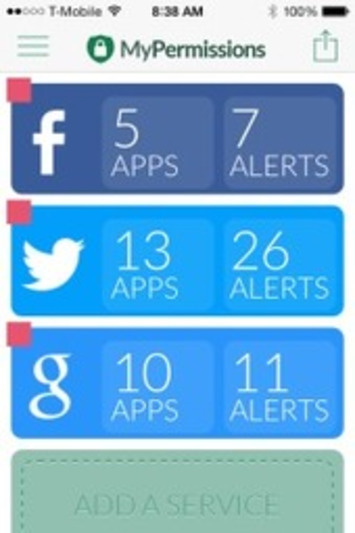



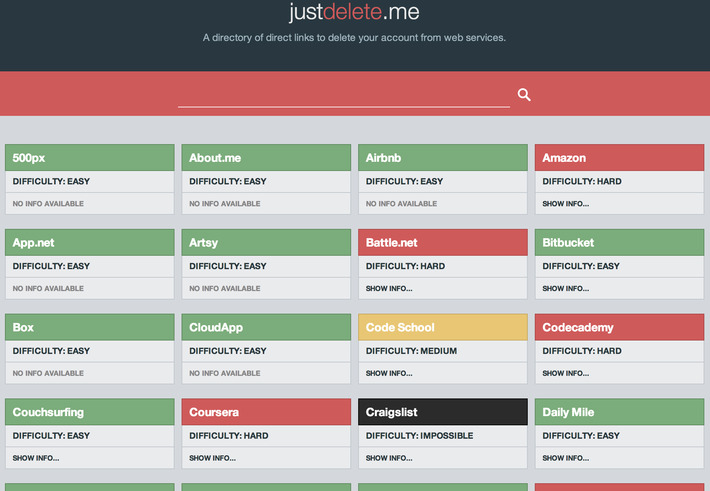


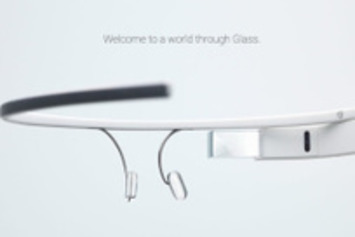
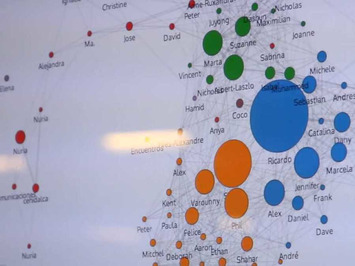
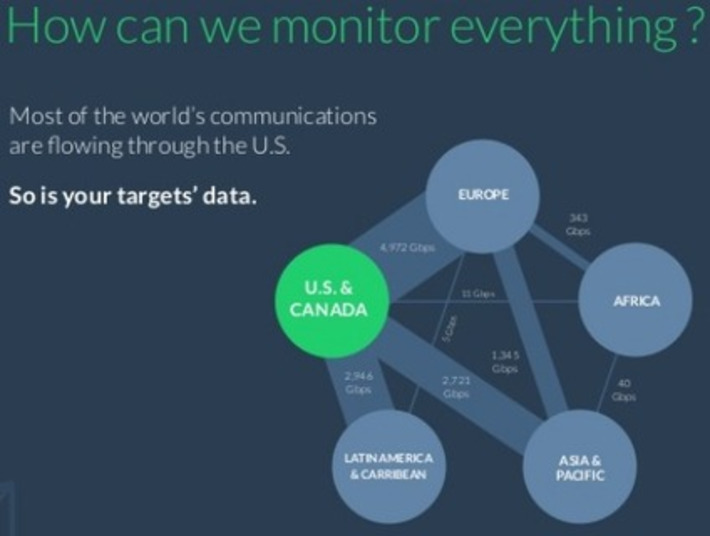
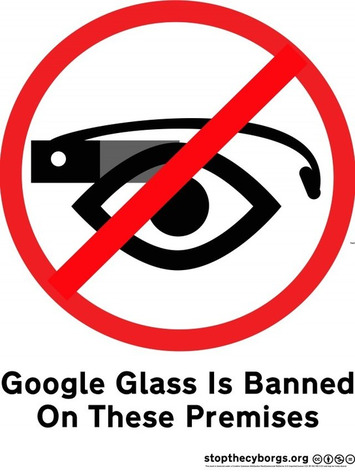








Benefits of having an Internet connected device - here a car - is that it can be remotely updated to fix issues or tune performance. Convenience and fast improvements.
Remember that this means it can also be remotely monitored, both for good and bad reasons, which may also raise security and privacy concerns.